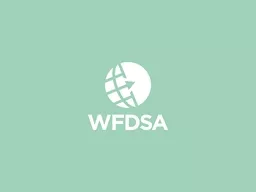PDF-ETHICS Handbook
Author : rodriguez | Published Date : 2022-10-11
Gift Policy ETHICS Handbook Tata BlueScope Steel Ltd TBSLThe Tata BlueScope Steel Code of Conduct is a comprehensive document which serves as the ethical roadmap
Presentation Embed Code
Download Presentation
Download Presentation The PPT/PDF document "ETHICS Handbook" is the property of its rightful owner. Permission is granted to download and print the materials on this website for personal, non-commercial use only, and to display it on your personal computer provided you do not modify the materials and that you retain all copyright notices contained in the materials. By downloading content from our website, you accept the terms of this agreement.
ETHICS Handbook: Transcript
Download Rules Of Document
"ETHICS Handbook"The content belongs to its owner. You may download and print it for personal use, without modification, and keep all copyright notices. By downloading, you agree to these terms.
Related Documents














